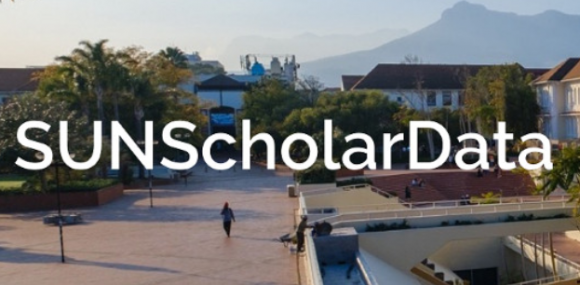Introduction
The Library and Information Service is dedicated to offering top-notch assistance for any open access-related inquiries. To guarantee that our researchers receive timely feedback on matters about open access, frequently asked questions (FAQs) have been added to LibAnswers.
Eligibility to use transformational agreements
One of the most frequently asked inquiries is concerning eligibility, and researchers are interested in the requirements, primarily the institution’s affiliation. It is also crucial to remember that, if one of our writers collaborates with an author from another university, the corresponding author of the paper needs to be affiliated with Stellenbosch University for the article to be eligible for the use of a transformational agreement.
How to avoid Predatory journals?
Finding information about predatory journals and ensuring that researchers are not duped into publishing in questionable journals are two commonly addressed questions. Ask your Faculty Librarian or Scholarly Communicaton staff to help you to avoid these journals and publishers.
Does Open Access mean lower quality?
NO, the quality of a journal is determined by its editorial standards, peer-review process, and the impact of its publications, not by its accessibility. Many reputable journals are open access including those published by major academic publishers.
Are all predatory journals Open Access?
NO, predatory journals can be both open access or subscription-based. The access model is not a determining factor, but predatory journals lack legitimate and transparent editorial practices.
Why do some researchers associate Open Access journals with lower quality?
The association stems from the existence of predatory publishers who misuse the open access model. Predatory publishers often lack proper peer review and editorial oversight, leading to the publication of low-quality or even fake research.
What are Article Processing Charges (APCs)?
Scholars consistently inquire about the types of publications included in transformational agreements and the distinction between publishing in fully open access vs hybrid journals. The FAQs have been updated, and researchers may now access crucial information including the fact that there are no APCs associated with publishing in hybrid journals, but that there are various reductions available for completely open access journals based on the institution’s arrangement with the participating publisher.
Is the Open Access Publishing Fund still available?
Scholars consistently inquire about the Open Access Publication Fund, which was discontinued in April 2021. This fund is therefore not available anymore. To address these questions, a Frequently Asked Questions (FAQ) on Libanswers was created, along with a link to our open access Libguide that offers a detailed explanation of the fund’s closure.
What is a Journal finder?
Researchers are welcome to contact their Faculty Librarians or Scholarly Communication to get assistance in selecting journals to publish their articles. Most publishers have a “Journal finder” section which also assists them with locating the appropriate approved journal for a publication. See these examples: Elsevier’s Journal Finder and Wiley’s Journal Finder.
Where can I find the list of accredited journals?
Researchers frequently have inquiries concerning the DHET accredited journals list. You can find out whether a journal is accredited by consulting the Accredited journals page under “Outputs and Journals” on the Division for Research Development website. You are also welcome to ask your faculty librarian for assistance.
What is a Read and Publish agreement?
One of the frequently asked questions, revolves around understanding what a Read and Publish agreement really means. It is also known as transformational agreements, which means that these agreements provide access to publishing and reading simultaneously. One of the benefits of open access is unrestricted spreading of knowledge to the wider audience, to ensure improved impact, consumption, increased citations and growth as an author.
Conclusion
The open access team at Stellenbosch University is responsible for ensuring that researchers are fully informed on everything related to open access. The purpose of the recently introduced FAQs is to enhance our offerings and enable customers to access information when the Library is closed. Additionally, the group is dedicated to helping users and interacting with them to improve comprehension of scientific publishing and open access.
More information:
- Stellenbosch University Transformational Agreements Libguide
- The Library’s Open Access webpage
- SANLiC
- Publisher Websites: Many publishers provide details about their transformational agreements and participating institutions.
Enquiries: Sakhile Mngomezulu




